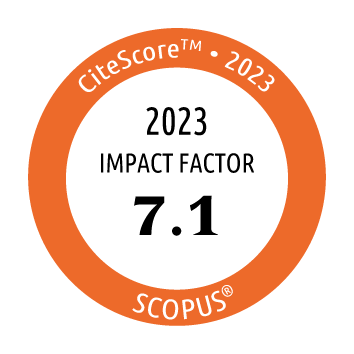| Return to Contents in this Issue | |||||||
Original Article |
|||||||
|
Adverse Reactions of Prophylactic Intravenous Immunoglobulin; A 13-Year Experience With 3004 Infusions in Iranian Patients With Primary Immunodeficiency Diseases |
|||||||
|
S Dashti-Khavidaki,1 A Aghamohammadi,2,3 F Farshadi,1 M Movahedi,2 N Parvaneh,2,3 N Pouladi,3 K Moazzami,3 T Cheraghi,2 SA Mahdaviani,2 S Saghafi ,3 G Heydari,3 S Abdollahzade,3 N Rezaei4 |
|||||||
|
1 Department of Clinical Pharmacy,
School of Pharmacy, Tehran University of Medical
Sciences, Tehran, Iran |
|||||||
|
J Investig Allergol Clin Immunol 2009; Vol. 19(2): 139-145 |
|||||||
|
|||||||
|
|
|||||||




